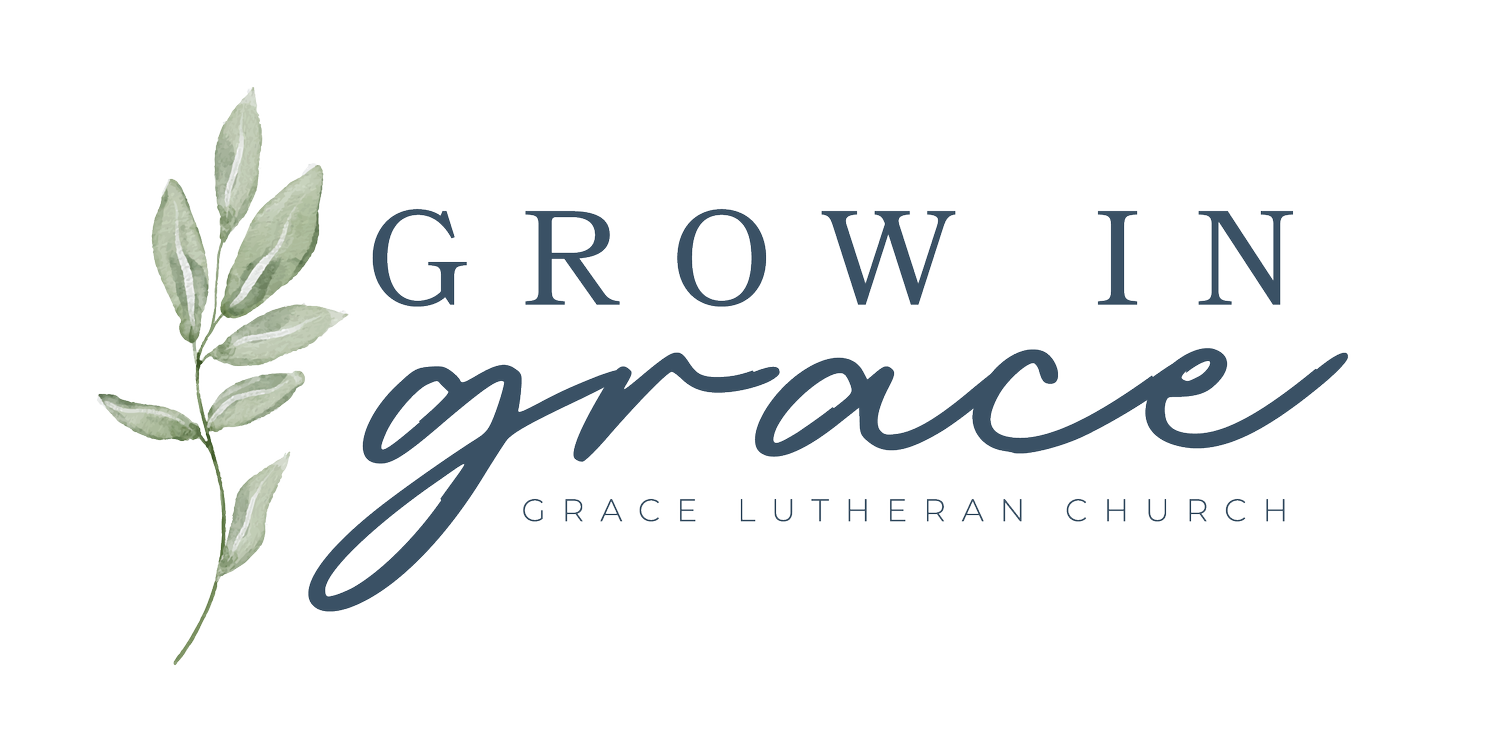Reformation, transformation, and being made free
Each year on October 31, Lutherans around the world commemorate Reformation Day as the day that sparked the movements that over the next centuries would radically transform the church. “By the end of the seventeenth century, many Lutheran churches celebrated a festival commemorating Martin Luther's posting of the Ninety-five Theses, a summary of corrections to abuses in the church of his time. At the heart of the reform movement was the gospel, the good news that it is by grace through faith that we are justified and set free.” (Sundays and Seasons)
As a reformer, Martin Luther wanted the church to change the way things had been done. He began his 95 statements with the words, “Out of love and zeal for the truth and the desire to bring it to light…” Then, Luther addressed a wide range of issues that he hoped would start a conversation about theology and practice within the church of his time. His writings and understanding about justification, grace, forgiveness, and freedom in Christ (just to name a few) sparked reforming movements all across Europe in the 16th century.
As Christians, we are never done being formed and reformed as God’s beloved people, the body of Christ. God is always making us new, each and every day. The church, too, “must always be reformed in order to live out the love of Christ in an ever-changing world.” (Sundays and Seasons) Over the past year, Grace has made some changes to our practices – some that are visible and some that are more behind-the-scenes.
However, change — even substantive change — is not reformation or transformation. On this Reformation Day, the wise words of a dear mentor, Rev. Dr. Craig Nessan, resonate with the sermon I preached on Sunday about freedom — both what Christ sets us free from and what Christ sets us free for — and so I share his words with you.
“Reformation, Part 3: If we are to understand the heart of the Reformation, we have to first receive for ourselves the radical gift of the Gospel of Jesus Christ: You are beloved, precious, welcomed, healed, restored, calmed, claimed, and chosen by Jesus Christ.
If the Gospel of Jesus Christ is the first teaching of the Reformation for us to receive from Luther, the second teaching is that the Gospel of Jesus Christ sets you free. Jesus means freedom. Jesus means freedom. We need to distinguish, however, what the Reformation means by freedom from what we ordinarily mean by freedom. Here freedom does not mean doing whatever you want. This individualistic understanding of freedom is widespread in our society, leading to breakdown in relationships in families, schools, churches, local communities, and in the larger society. Seeing ourselves primarily as consumers leads us to think we should be able to get whatever we want.
Here freedom also does not mean political freedom, such as we celebrate on national holidays, like the 4th of July, although there is a relationship between Christian freedom and political freedom.
What Luther meant by freedom is twofold: First, Jesus Christ sets you free from everything that prevents you from being the person God created you to be: anger, fear, ambition, sense of failure, inadequacy, addictions. God knows your heart and sets you free in Jesus Christ from all bondage to be the person you were created to be. Second, Jesus Christ sets you free to serve other people and creation as your neighbors. Because we absolutely no longer need to worry about what God thinks of us or what is going to happen to us after we die, we are free now each day to look around and serve others as our neighbors, especially in our roles and relationships in daily life.
The Gospel of Jesus Christ means freedom to serve one another, not only by what you do together as your congregation, but especially by what you do for the neighbors God puts in your path each and every day. Members of your family are your neighbors: we speak and act as Christians in how we relate in neighborly ways in families, whatever the configuration—children, parents, grandparents, nieces, nephews, cousins.” (Rev. Dr. Craig Nessan, Facebook post, 10/30/2023)
I find myself wondering what that might look for each of us individually and for us collectively. How do we – as the people of God and Christ’s body here at Grace – respond to being set free from all the things that keep us from being authentically who God has created us to be? Where do we see the movement of the Holy Spirit that calls us and invites us to love God and love each other more fully and serve one another in that love? Where does “the church” need reforming today?
I have my own ideas, but I also wonder about your thoughts. As we feel the Spirit reforming and transforming, what are the longings of your heart to see God’s love made known in your life and in this community?
